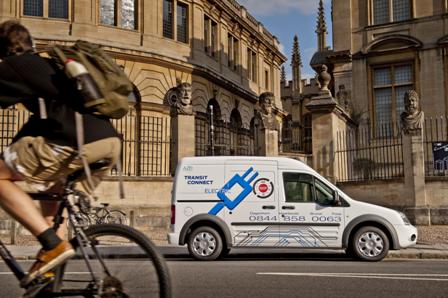
Author: Robin Roberts
Smaller businesses are going to need Government and vehicle manufacturers to introduce long-term incentives and price cuts to create a sustainable market for ultra-low emission vans.
This warning from the British Vehicle Rental and Leasing Association follows a newly published report, commissioned by the Department for Transport. Examining the market potential for ultra-low emission van technologies, including pure EV, Plug-in EV and hydrogen fuel-cells, the report from Element Energy concluded that:
The report was carried out prior to the introduction of the Plug-in Grant for vans and its cost of ownership calculations also do not take into account incentives such as the London Congestion Charge exemption.
However, the report’s authors warn the government that such incentives will need to be sustained in order to compensate for ultra-low emission van ownership costs remaining so much higher over the long term.
They urge the government to introduce non-financial incentives. These include exclusive access to certain loading bays, extended delivery hours, use of bus lanes and relaxation of driver and vehicle licensing rules to take into account the lower payloads of these vans.
They also suggest that van manufacturers should provide guaranteed buy-backs and fixed-price servicing to help de-risk the investment required to run the vehicles.







